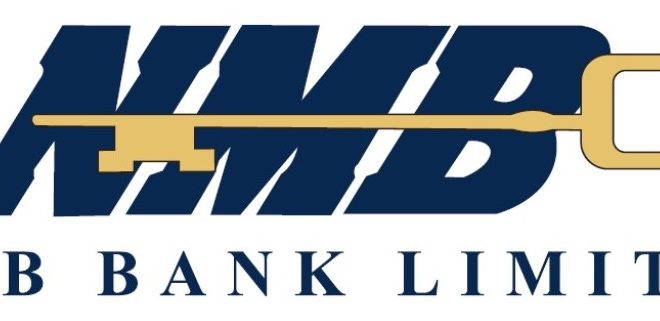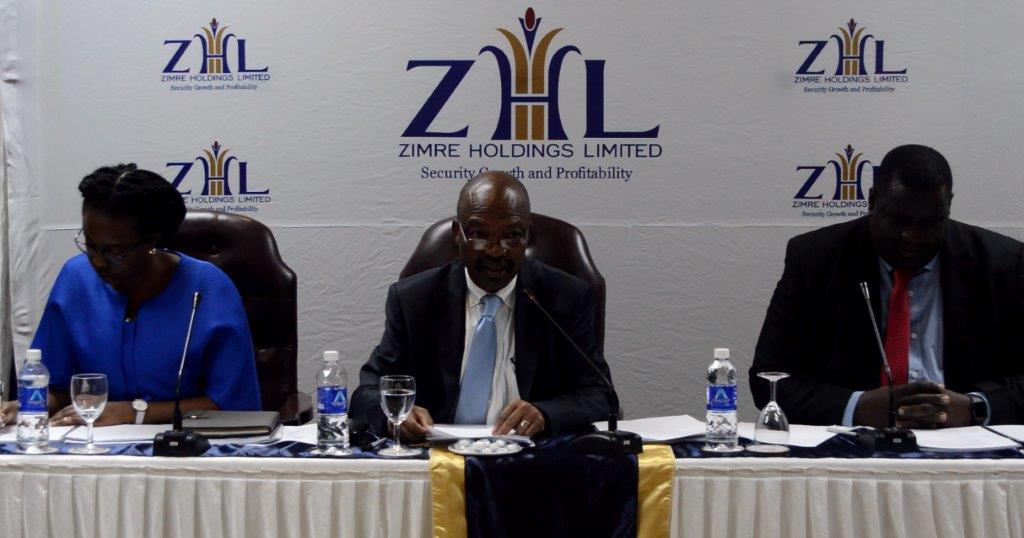Only 4% of Zim MSMEs have business insurance — Ipec
ONLY four percent of micro, small and medium enterprises (MSMEs) in Zimbabwe have business insurance, with the main barriers being affordability, lack of information on how to get insurance and inappropriate products according to the Insurance and Pension Commission (Ipec).
This was highlighted during a two-day training workshop held in Bulawayo last week by the Insurance Council of Zimbabwe in partnership with Ipec. The event aimed to train business development officers from the Ministry of Women Affairs, Community Small and Medium Enterprises Development, who will, in turn, train different SMEs on risk management issues.
The workshop brought together business development officers from Masvingo and the entire Matabeleland Region.
In his presentation, Ipec public relations manager Mr Lloyd Gumbo emphasised that MSMEs are key contributors to economic growth and employment but have limited access to financial services such as insurance. He noted that MSMEs face many risks but lack adequate risk management strategies.
Mr Gumbo added that MSMEs are vulnerable to the personal risks of their owners and family members, compounded by the personal risks of their employees.
“Four percent of MSMEs have business insurance, with 74 percent being compulsory cover,” said Mr Gumbo.
“The main barrier is affordability and lack of information on how to get insurance and inappropriate products.”
He stressed the need for appropriate products that suit MSMEs in terms of affordability and flexibility, particularly for those in the agriculture sector who receive their income annually after selling their produce.
“Ipec has introduced various initiatives to promote inclusion in the insurance and pensions sector. These include licensing micro insurance companies and approving micro insurance products offered by conventional insurers, which are suitable for MSMEs.
The insurance and pension regulator has also introduced agriculture insurance, collaborated with the Ministry of Women Affairs, Community Small and Medium Enterprises Development and issued a micro-pension framework to promote inclusion in the insurance and pensions sector.
Mr Gumbo said the insurance and pensions inclusion aligns with the Sustainable Development Goals and Vision 2030 of leaving no one and no place behind.
In her remarks, ICZ marketing manager Ms Ringisai Batira highlighted that unexpected mishaps and disasters, both man-made and natural, pose significant challenges to communities as they negatively affect means of survival. She noted that the impact of extreme weather disasters is felt in sectors like smallholder farmers, agro-processing businesses, and fire incidents at SMEs industrial parks, which disrupt operations and the income-earning ability of business owners and employees.
“Resuscitating operations after such losses is difficult, particularly for SMEs who have limited financial resources or no form of security such as insurance and to a greater extent, have limited knowledge and appreciation of risk management and insurance as a security tool for assets and economic activities,” she said.
“In line with the NDS1, there is a need to implement risk management practices and security measures to protect all the various economic activities of SMEs.”
Ms Batira added that equipping SME operators with such knowledge and awareness will result in the Ministry, Ipec, and ICZ being seen as trusted partners and stakeholders who understand challenges and provide assistance, including relevant risk management and security solutions to enable sustainable and profitable SME business ventures. — -chronicle











